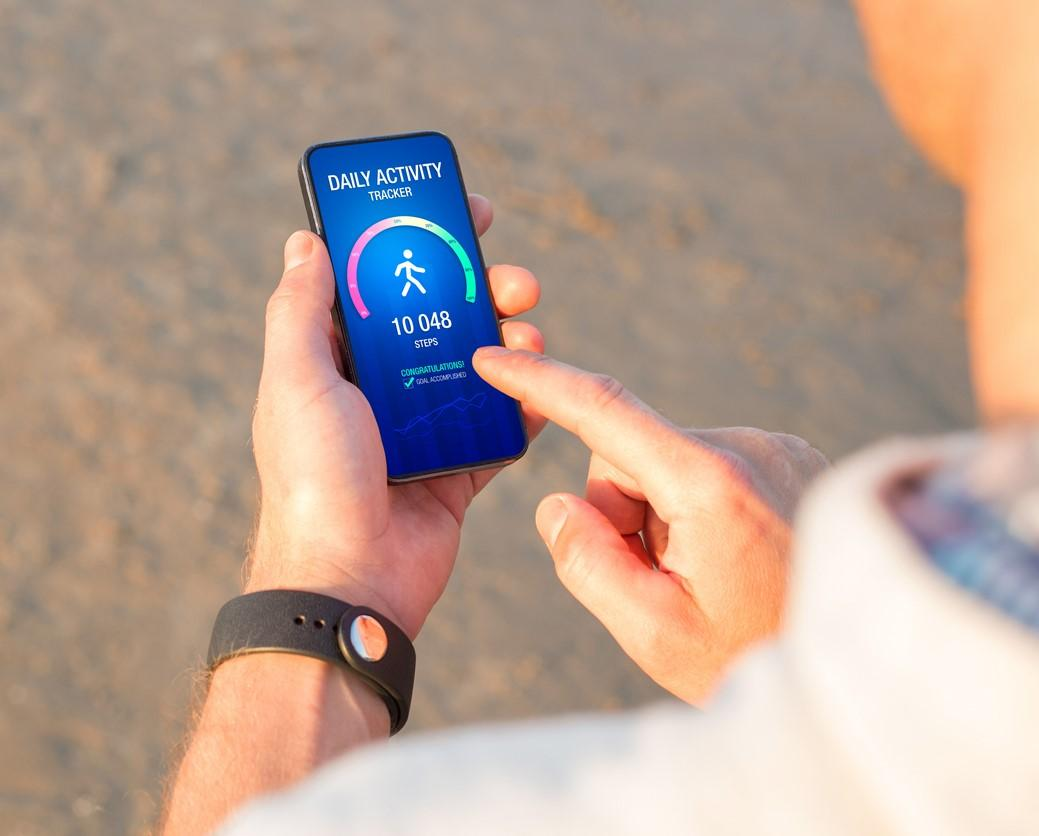From 2020 to 2022, politically liberal US survey respondents' confidence grew in the federal government's ability to use digital health data responsibly, while conservative respondents' confidence flagged, perhaps due to the prominence of health agencies during the COVID-19 pandemic, the 2020 national election, or political polarization, according to a research letter published this week in JAMA Network Open.
Researchers from Johns Hopkins University and the University of Pennsylvania analyzed responses from national surveys of different participants administered in July 2020 and June 2022. Participants, sampled from the Ipsos KnowledgePanel, rated their trust in whether each of 16 public and private organizations used their digital health data responsibly.
"Health care data use and protection are largely regulated by existing law, but no comparable set of rules regulates the use of data generated by consumers through non–health care sources (eg, wearable devices, smartphone applications)," the study authors wrote. "In a 2020 survey, we found the US population had greatest confidence in clinical organizations and public institutions when compared with digital technology and health care companies to responsibly use their digital health data."
Physicians offices most trusted
In 2022, most of the 1,851 respondents were at least somewhat confident in physician offices', university hospitals', the Centers for Disease Control and Prevention's (CDC's), and the National Institutes of Health's (NIH's) use of their digital healthcare data.
Relative to 2020 respondents, 2022 participants overall had less confidence in the CDC (−4.3%), NIH (−2.6%), and local public health departments (−1%) and more confidence in the federal government (6.1%), FitBit (2.3%), and genetic-testing companies (2.2%).
After adjustment, in both 2020 and 2022, liberal respondents had the most confidence in physician offices (84% in 2020 vs 83% in 2022), the CDC (80% vs 79%), and NIH (77% vs 75%) and were least confident in Facebook (14% vs 13%) and cell-phone companies (28% vs 23%).
In both years, conservative participants were most trusting of physician offices (74% vs 73%) and university hospitals (58% vs 59%) and least confident in Facebook (12% in both years) and Google (22% in both years).
Advancing digital privacy legislation
Compared with 2020, the greatest rise in confidence among liberal and moderate participants in 2022 was in the federal government—13% for liberal and 9% for moderate respondents. Among conservatives, the largest decline in confidence was in the CDC (–10%), NIH (−8%), and federal government (−7%).
The public’s views and increasing political polarization regarding the use of digital health data are important to understand for advancing digital privacy legislation.
"In this study, confidence in organizations to use health data responsibly was largely unchanged from 2020 to 2022, but polarization increased between politically liberal and conservative respondents," the researchers wrote. "Changes in confidence may be related to the prominence of these agencies (CDC, NIH) during the COVID-19 pandemic, a 2020 national election with a change in the governing political party, and political polarization."
"The public’s views and increasing political polarization regarding the use of digital health data are important to understand for advancing digital privacy legislation," they added.




















